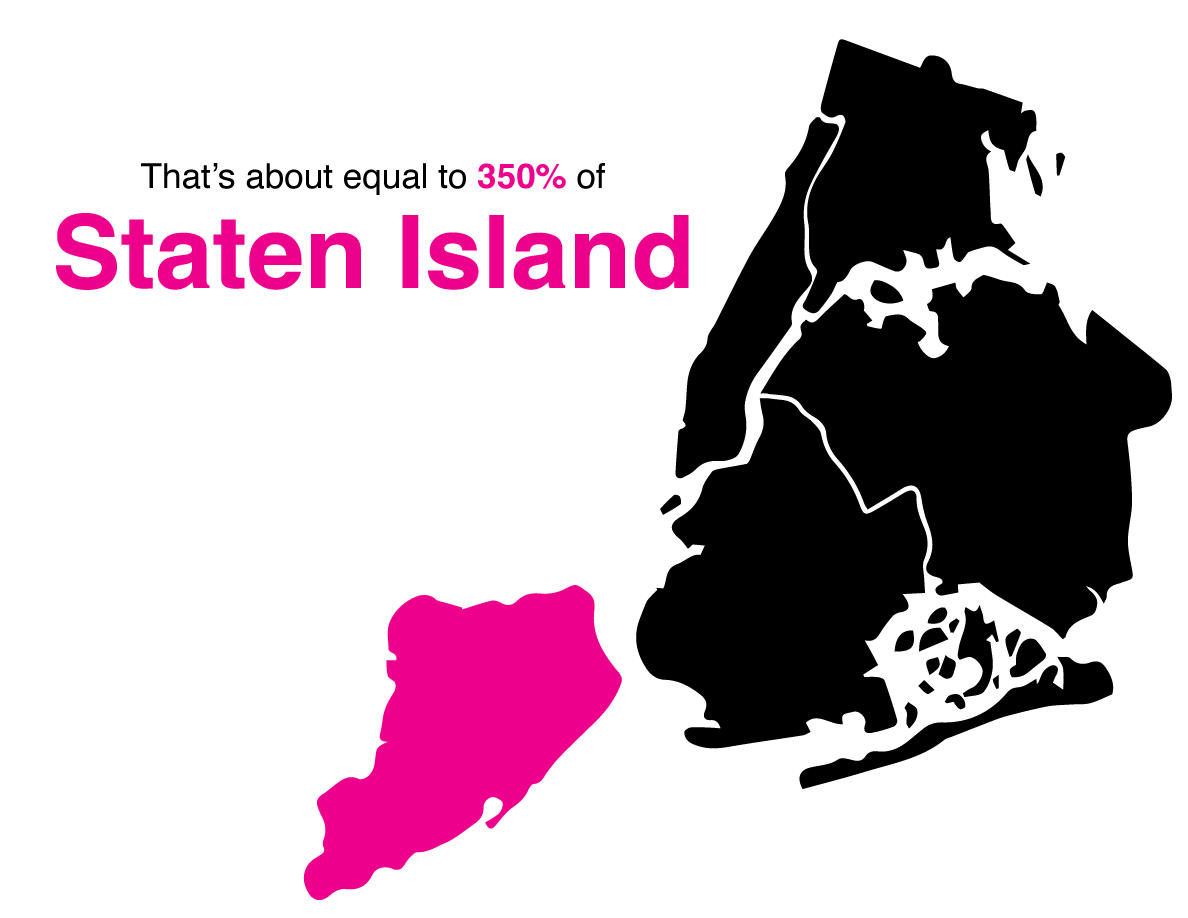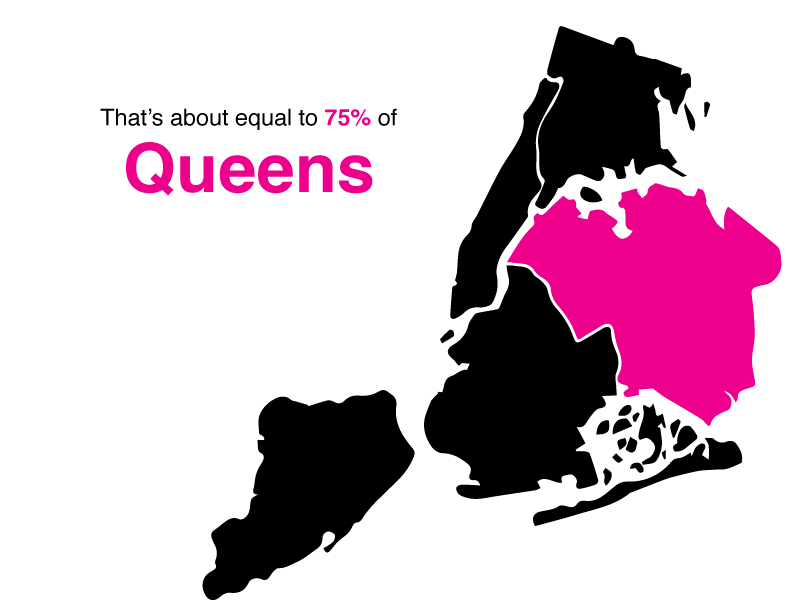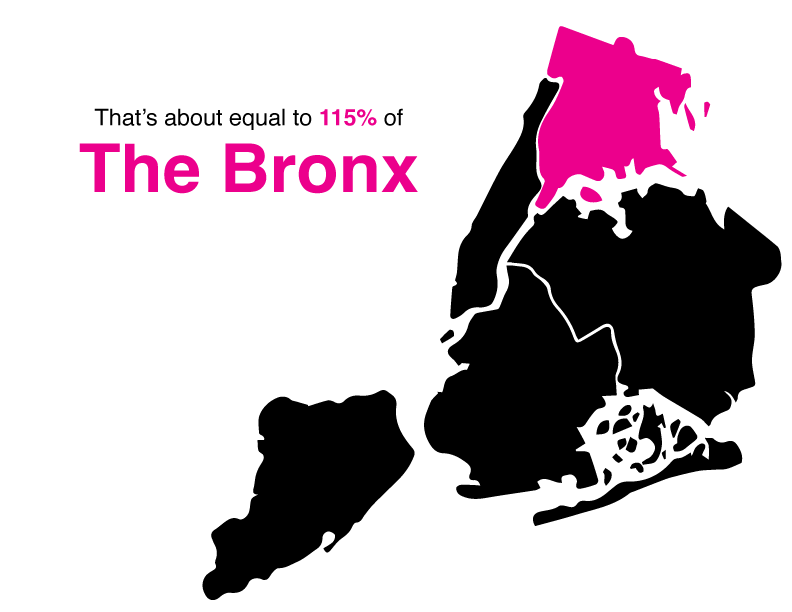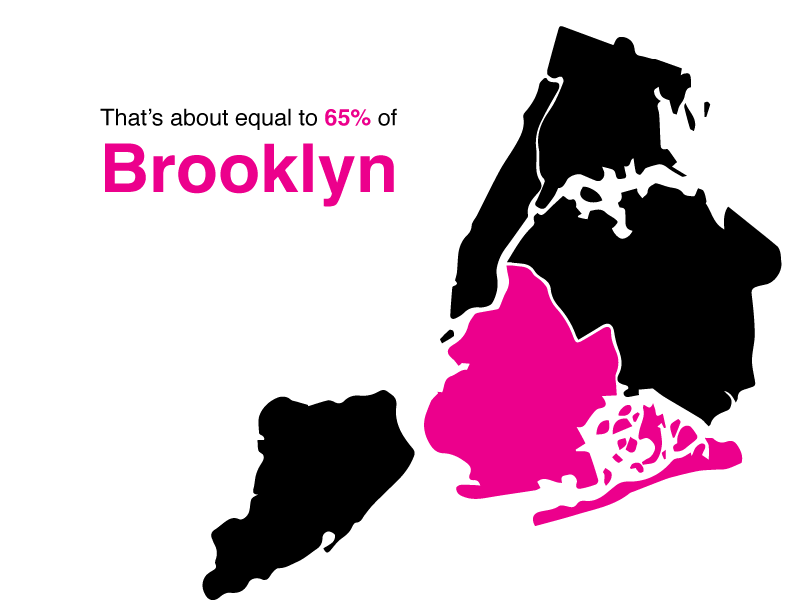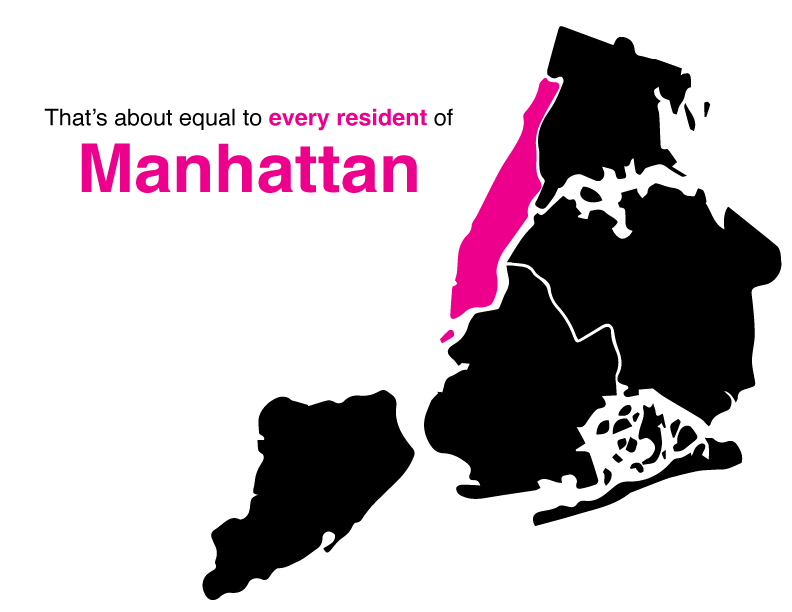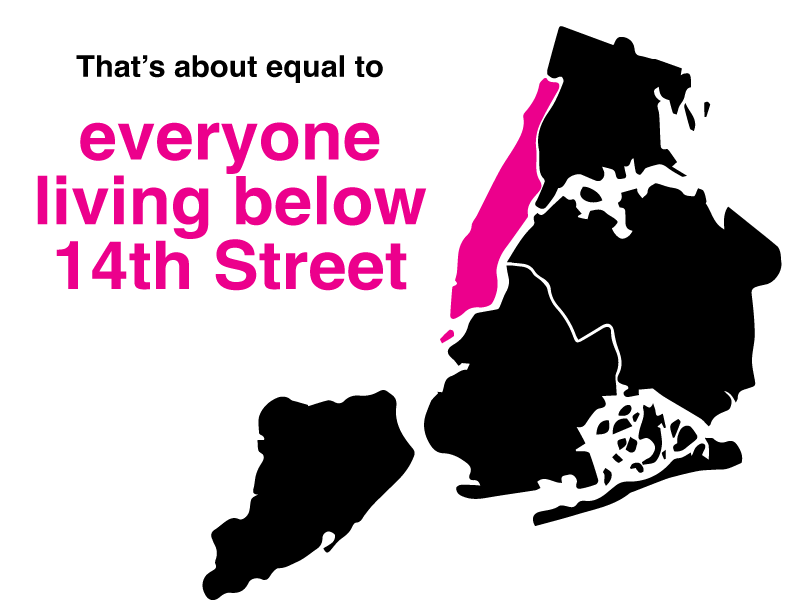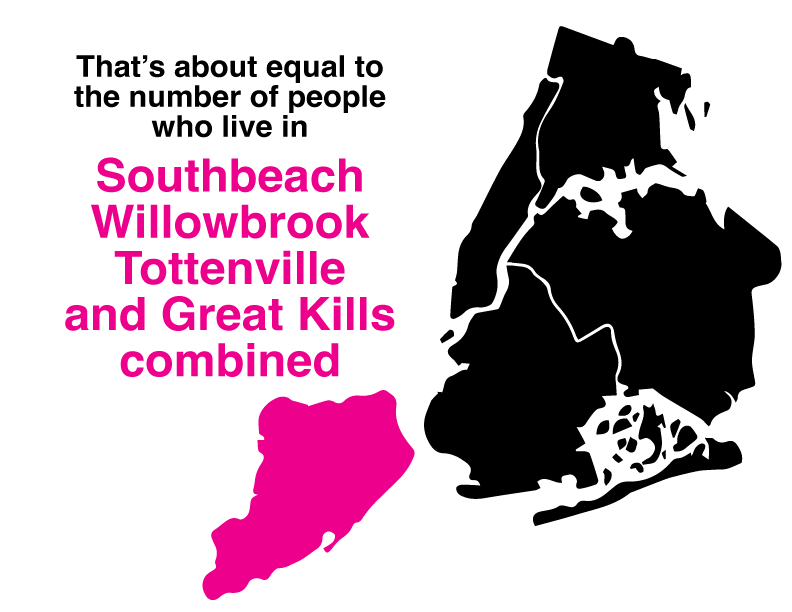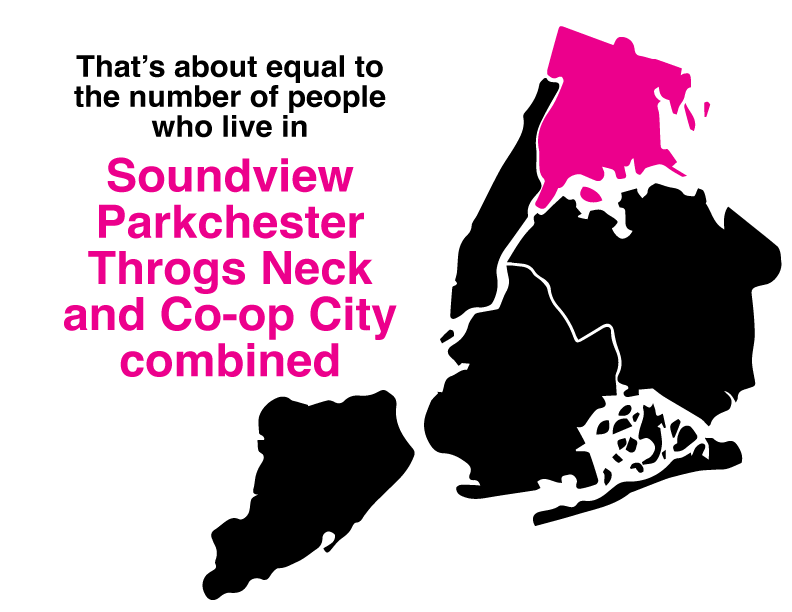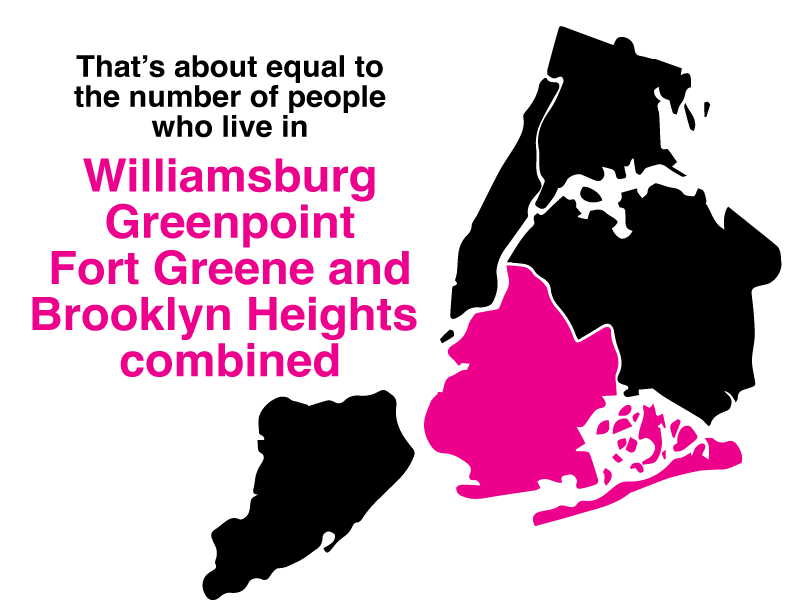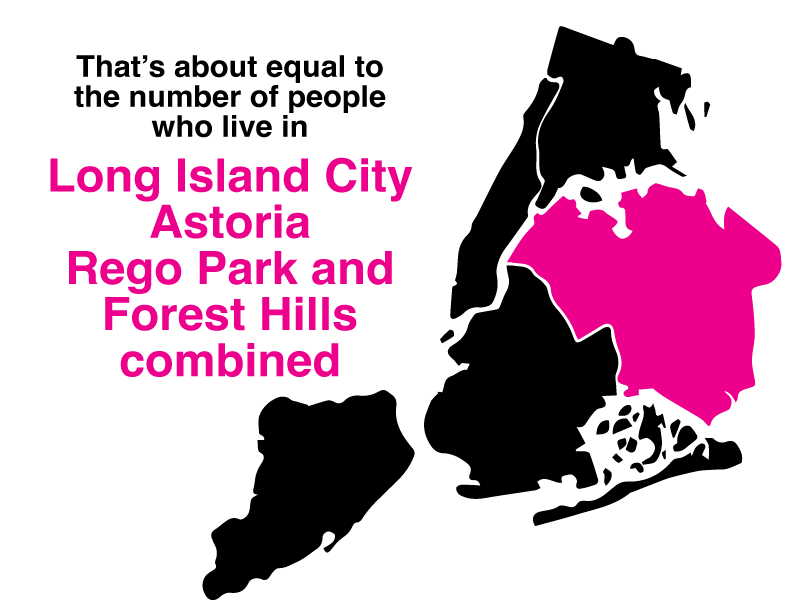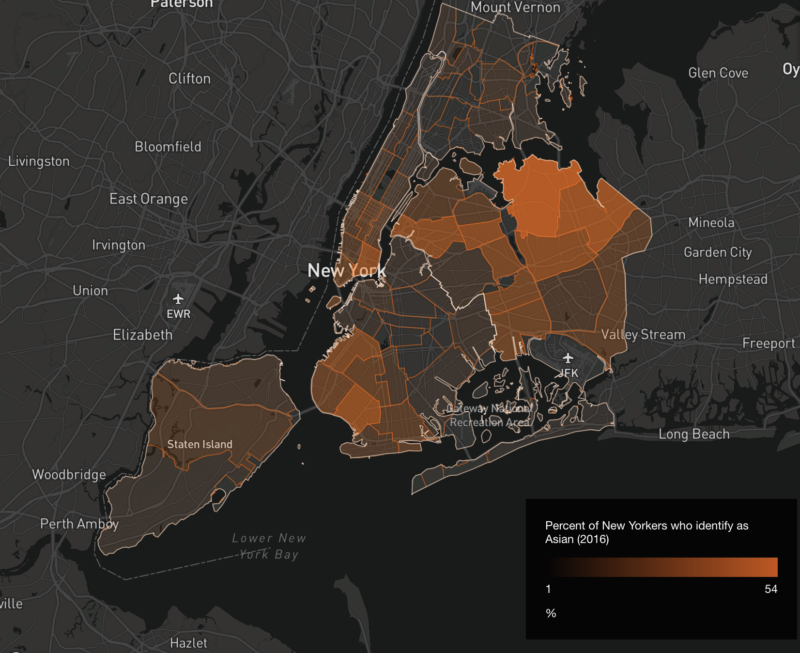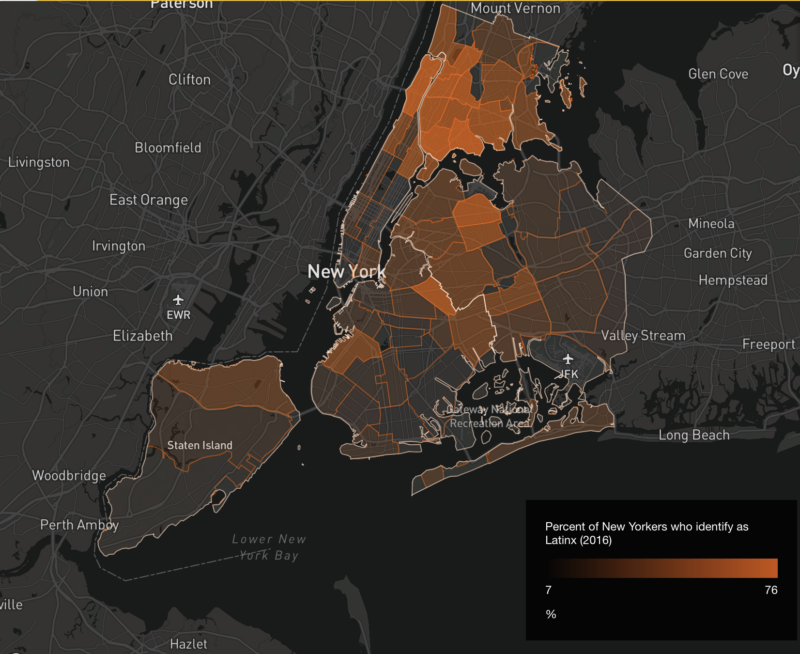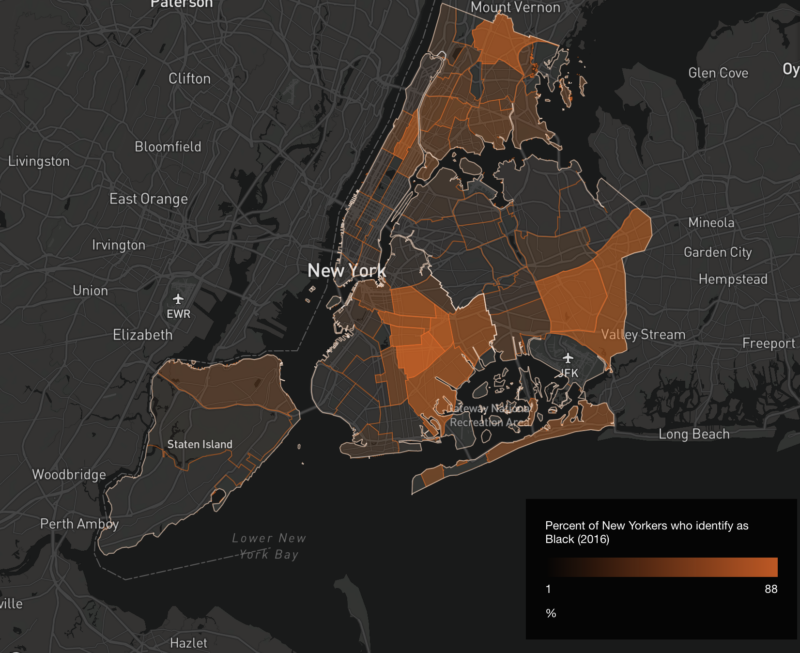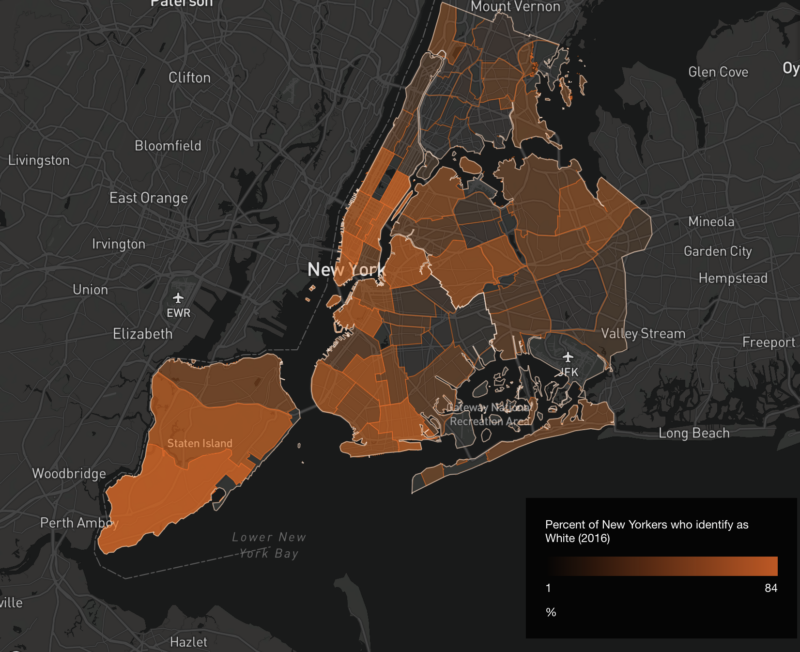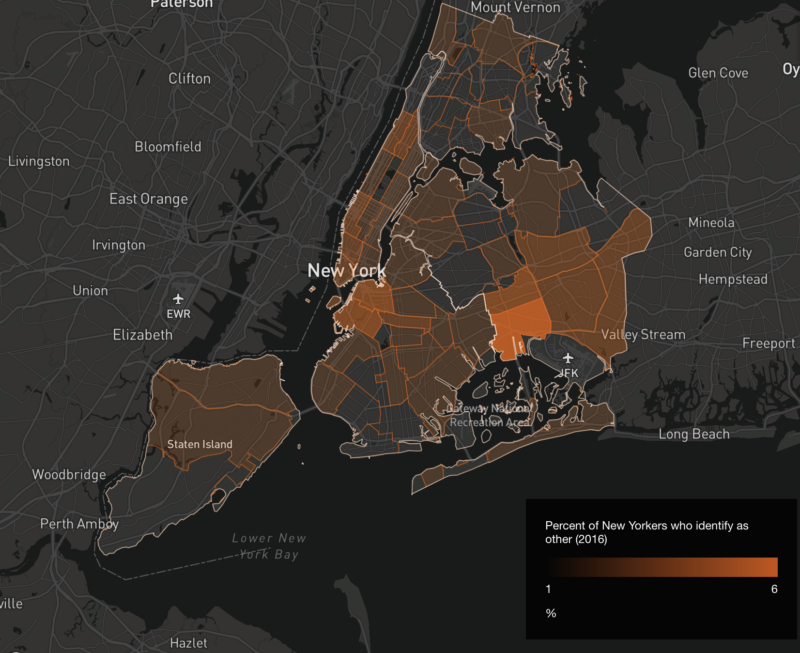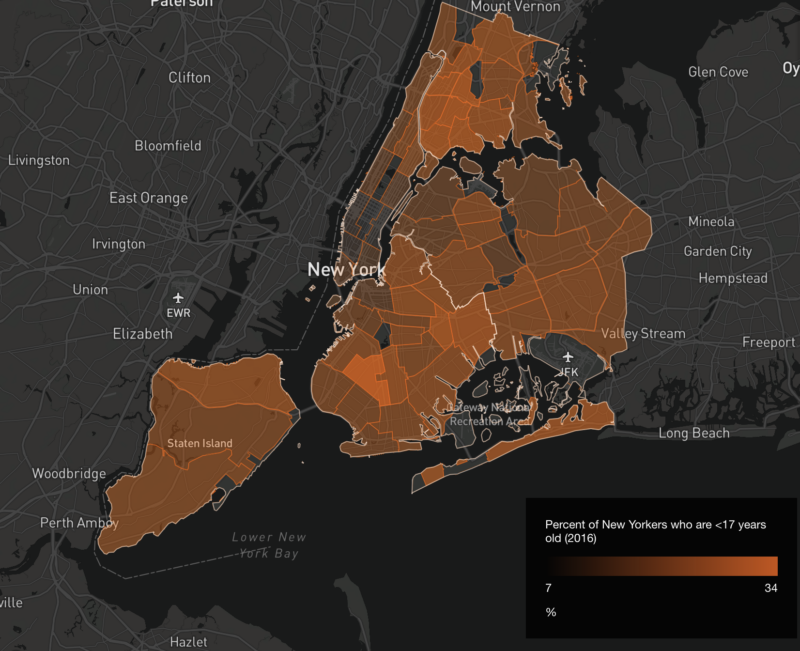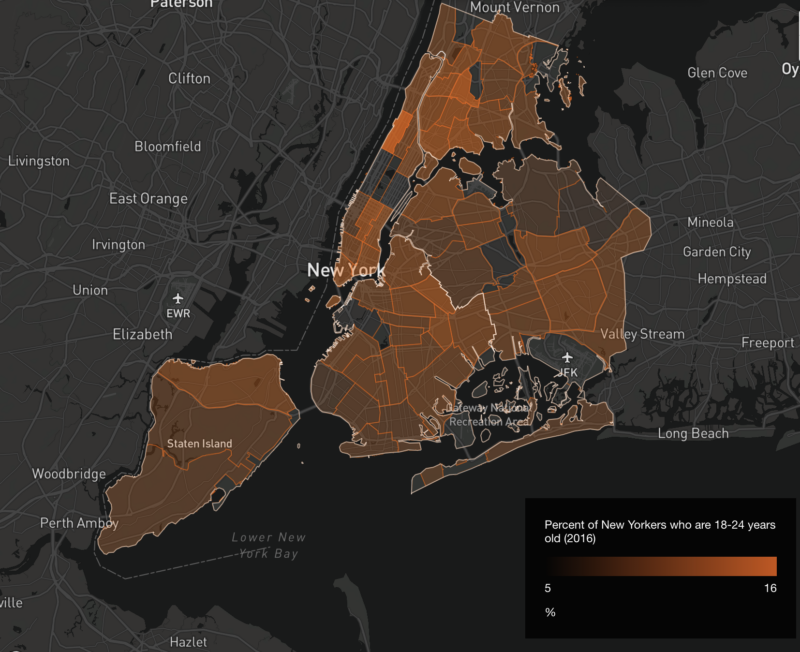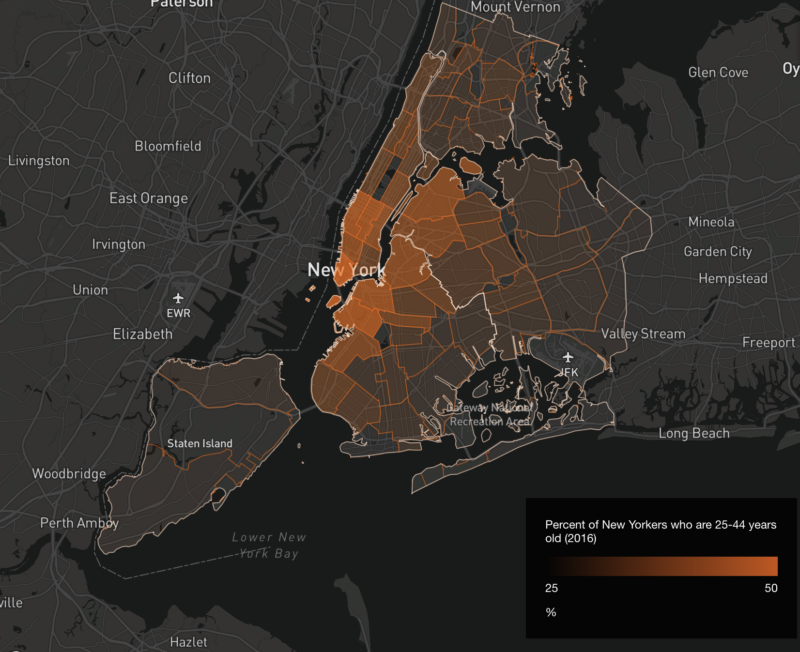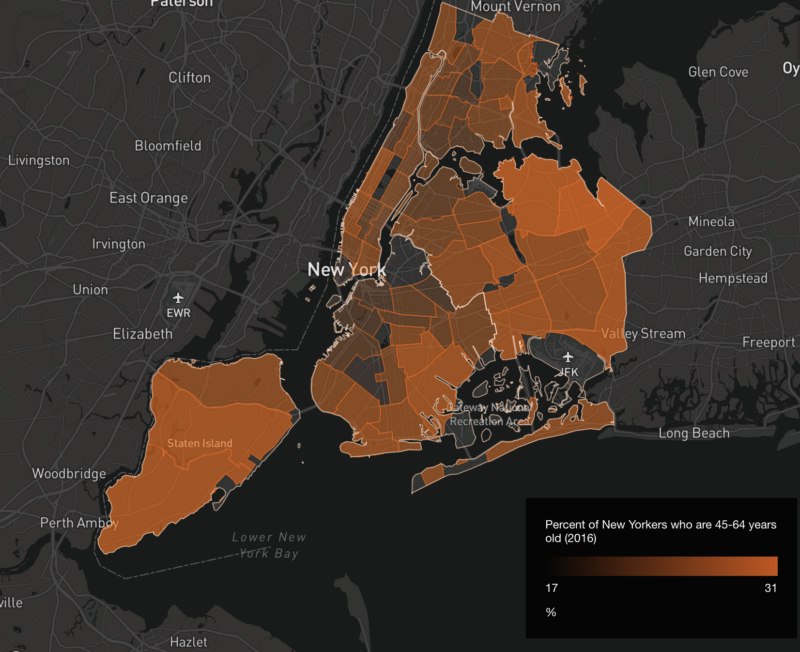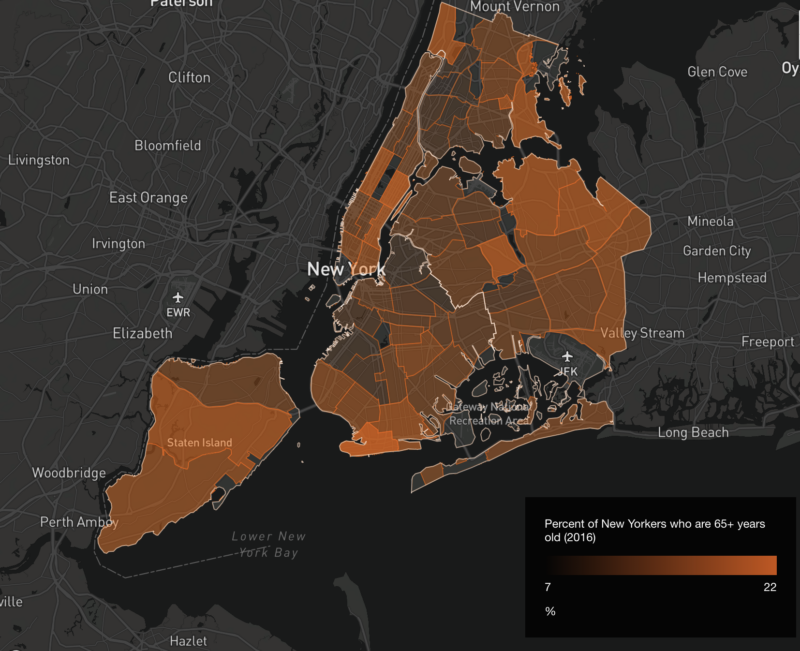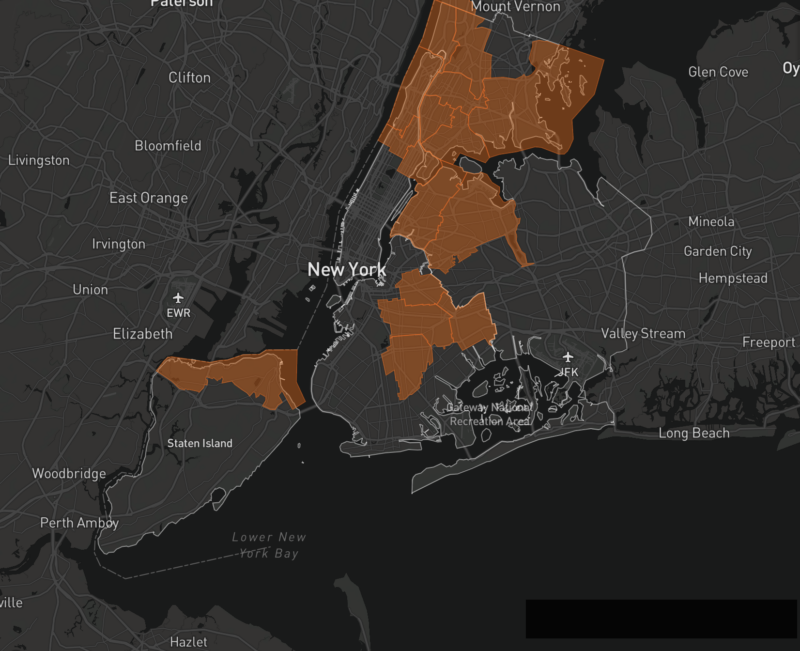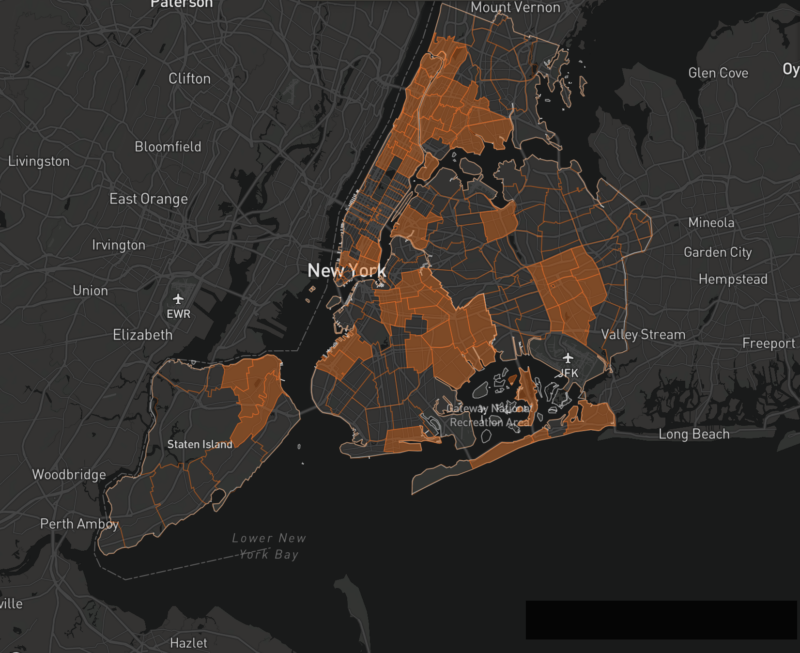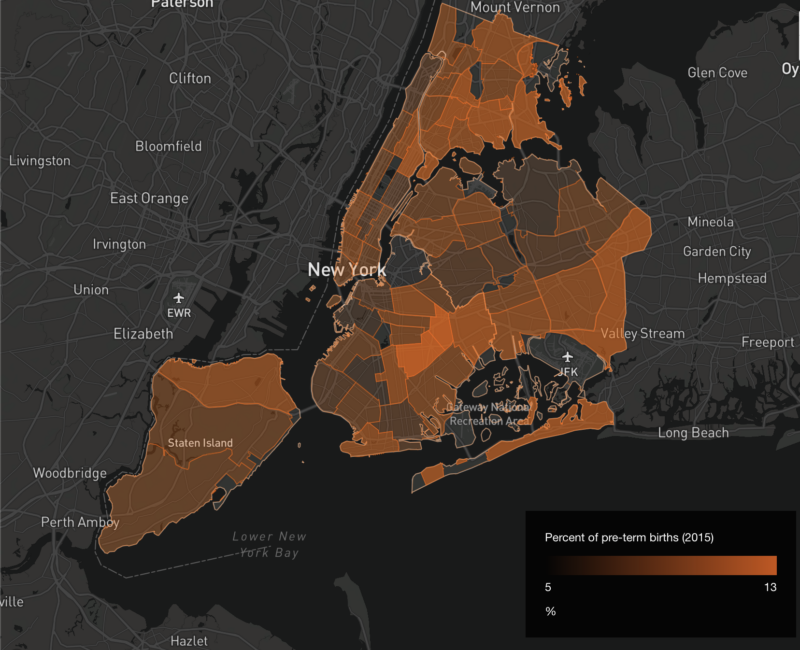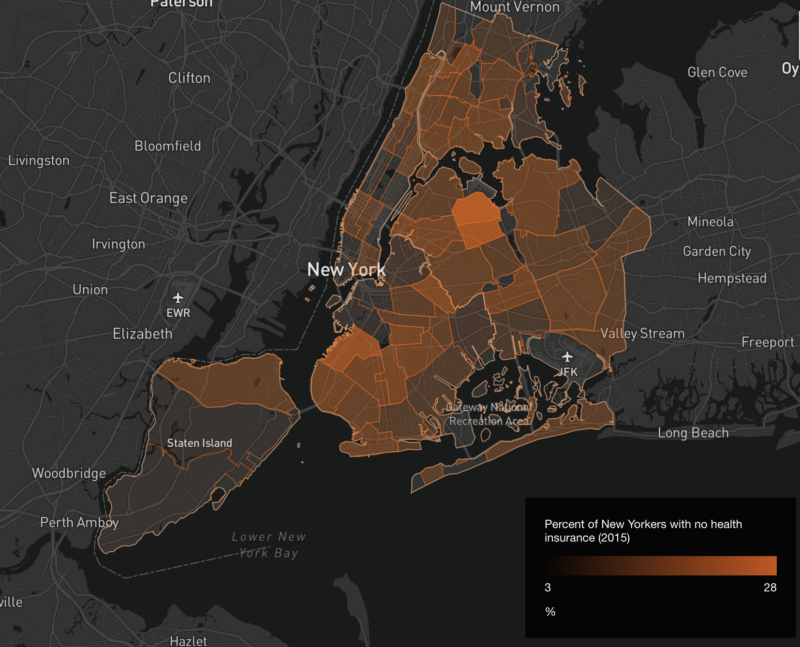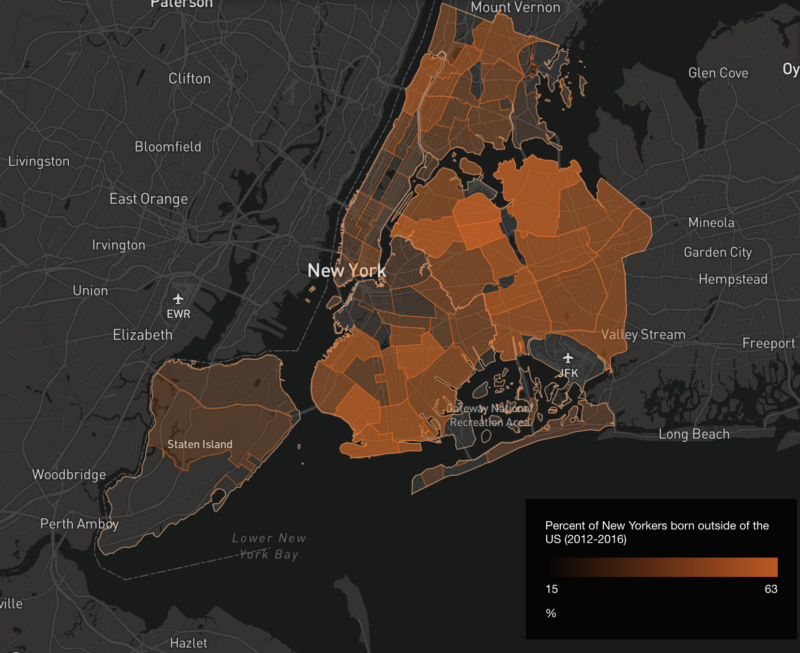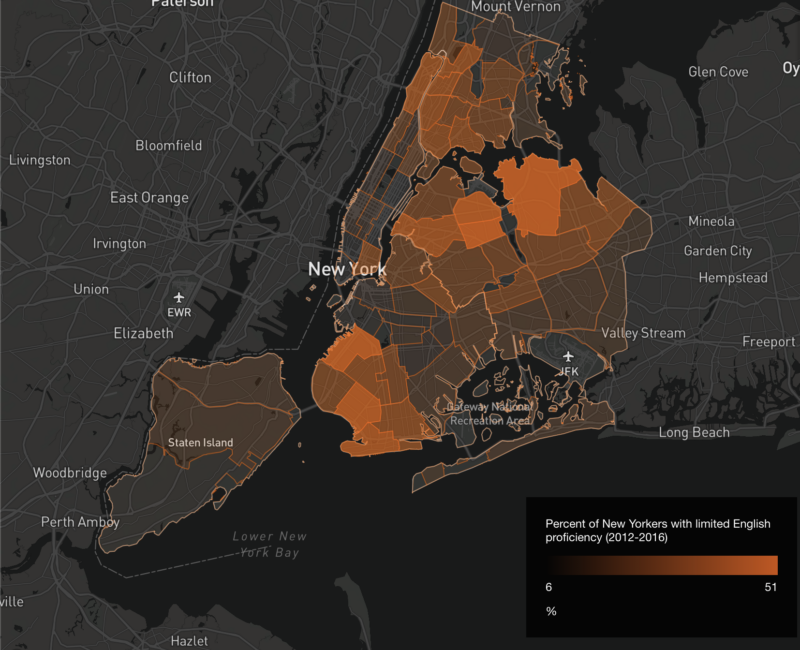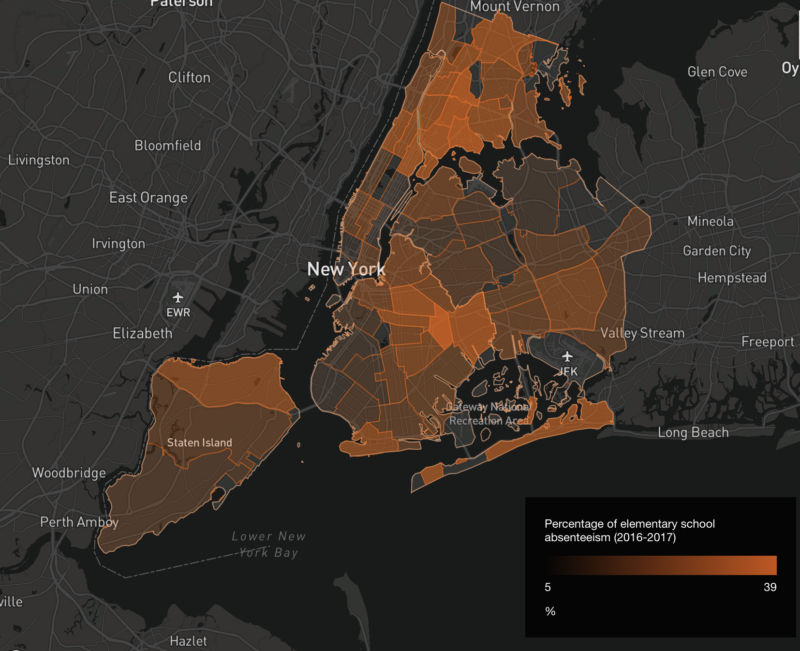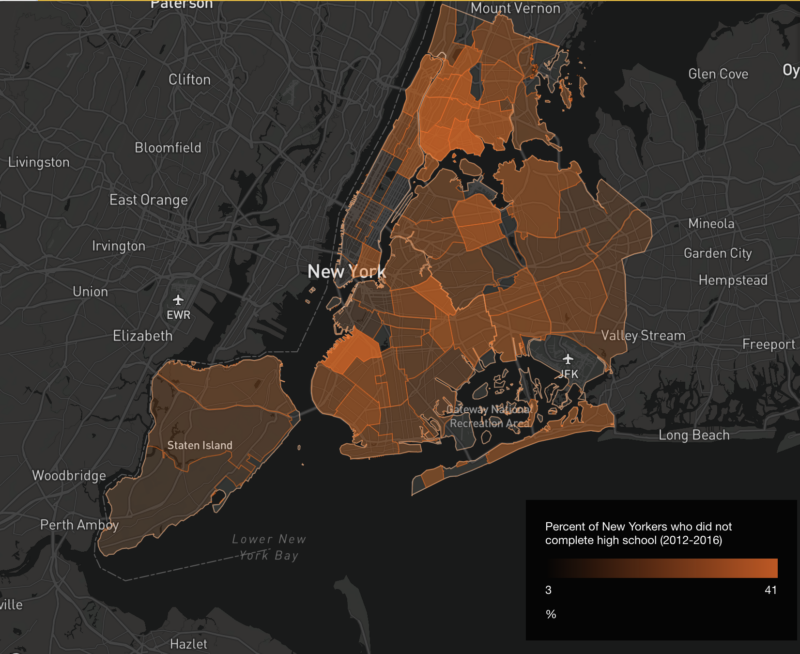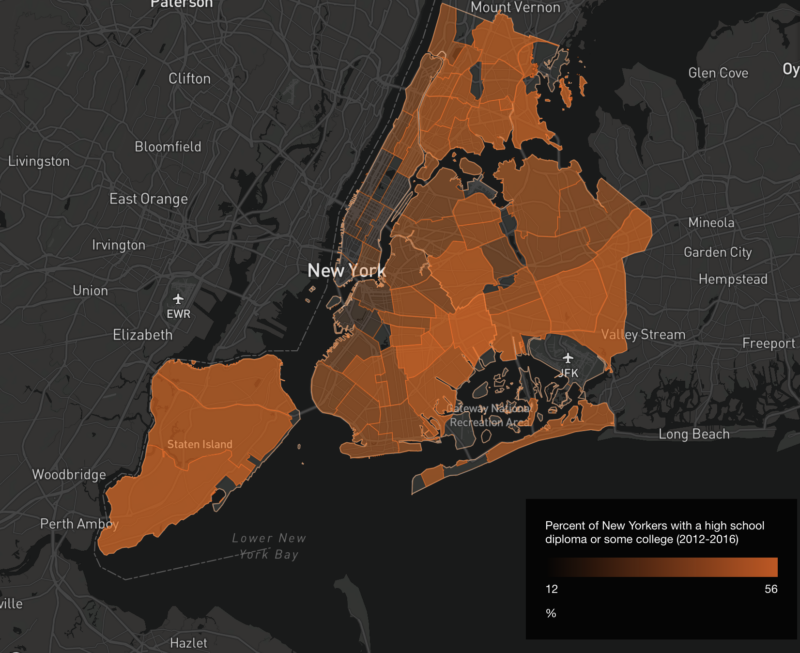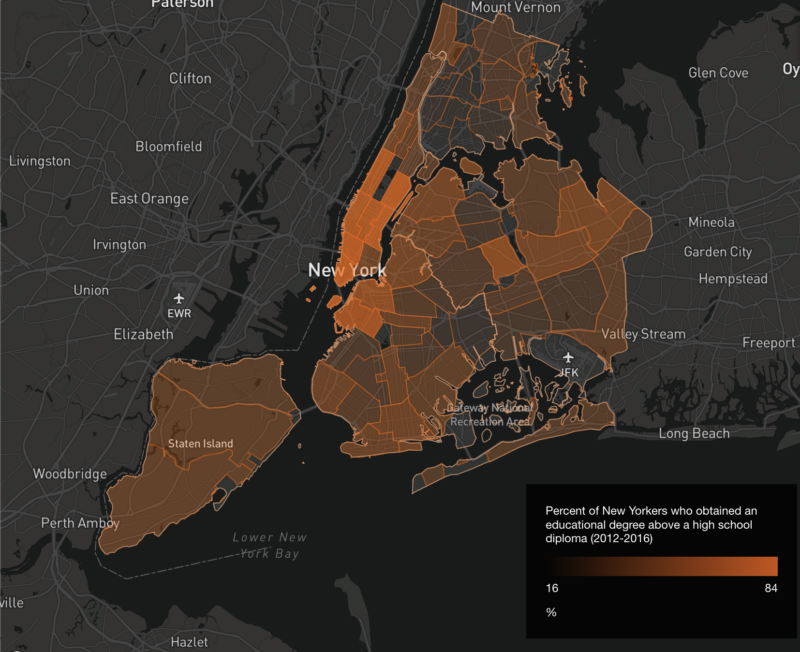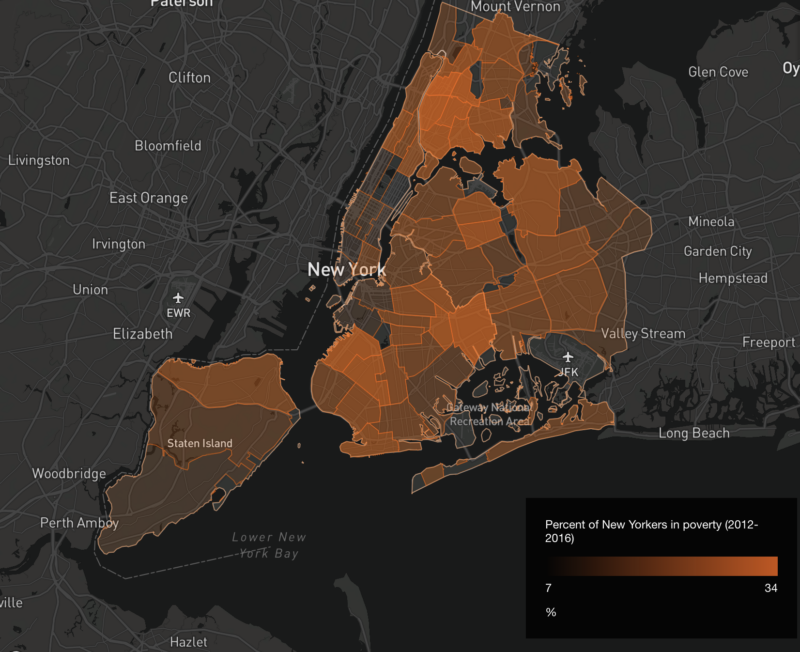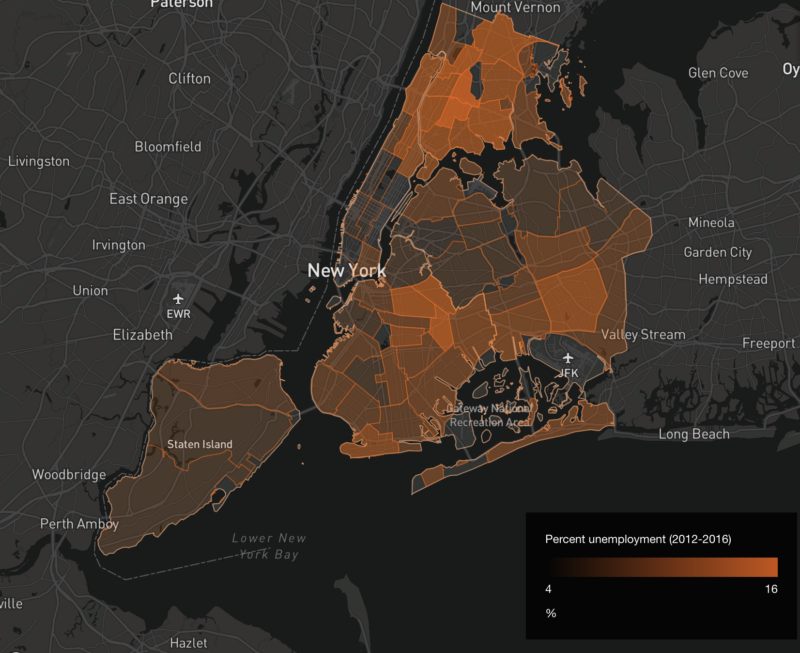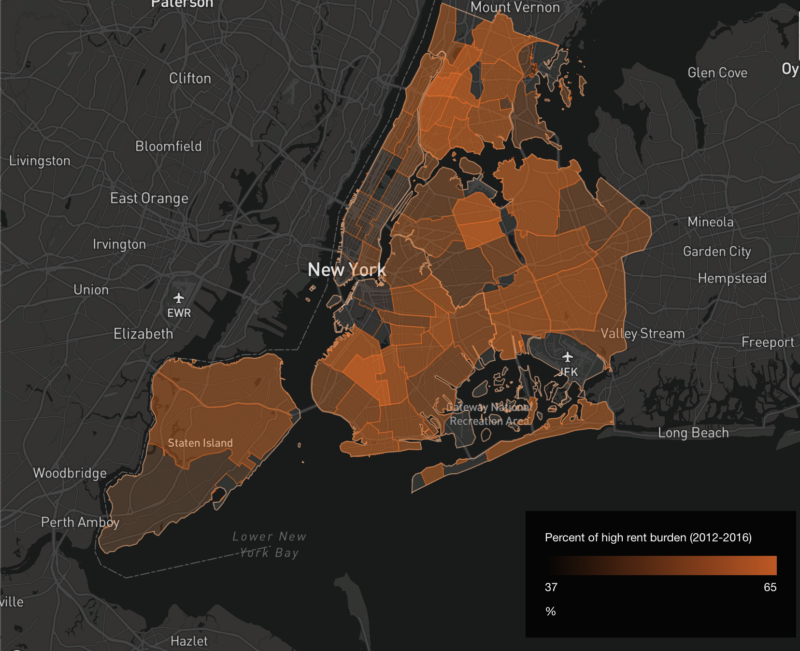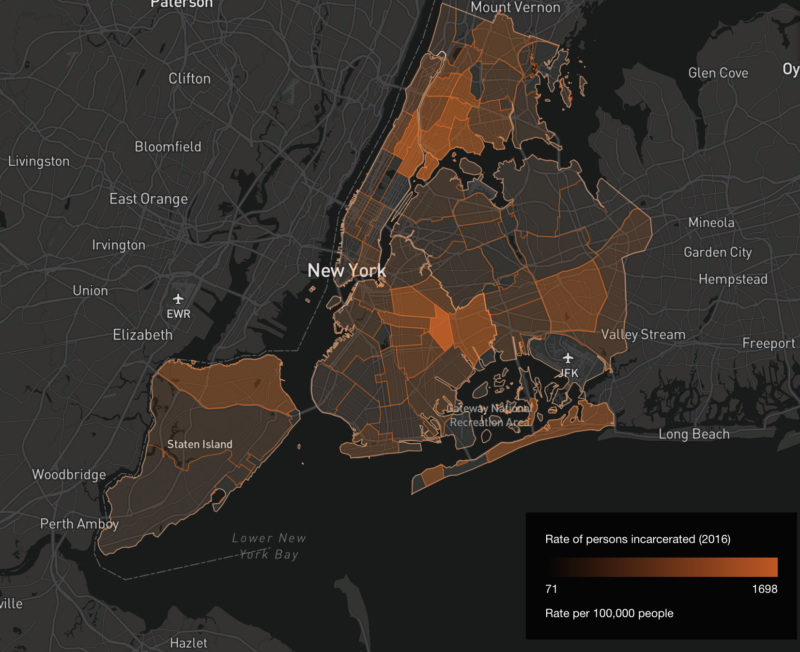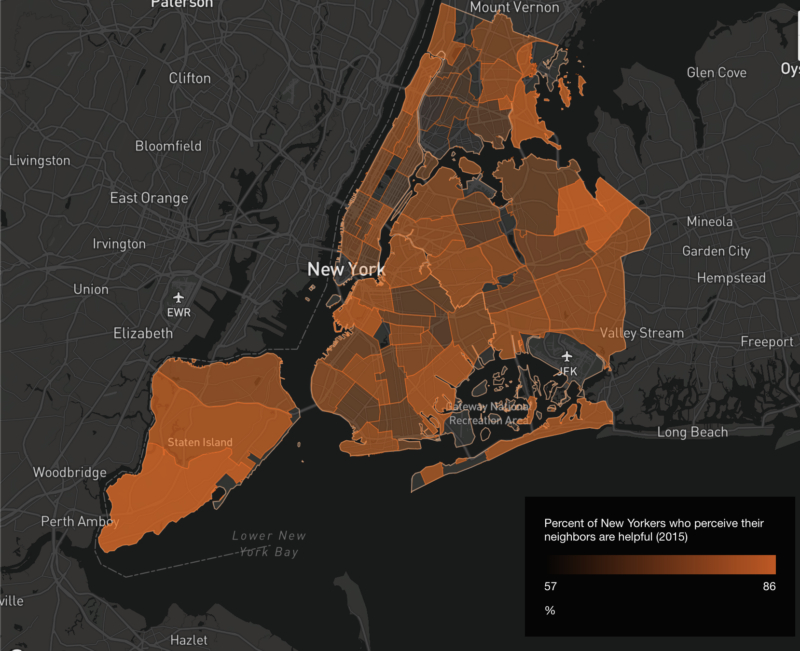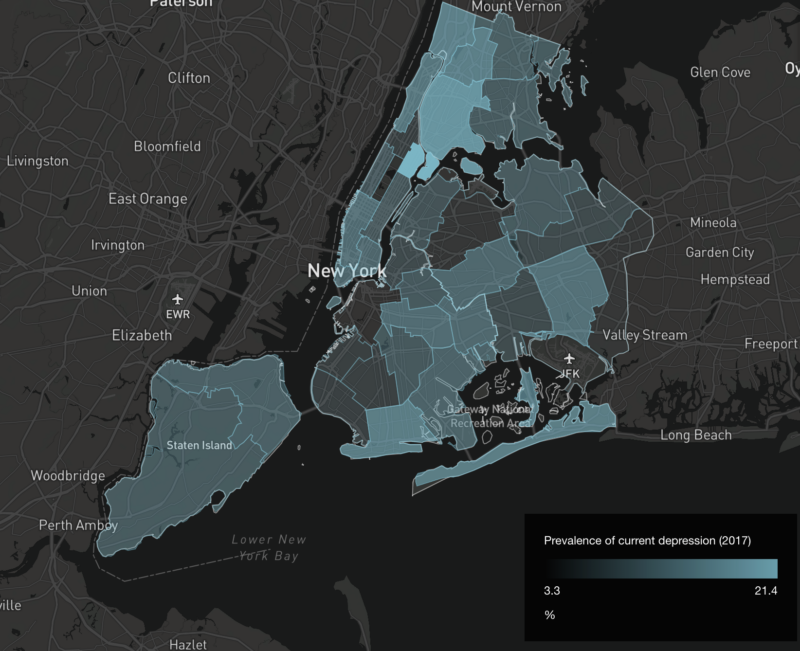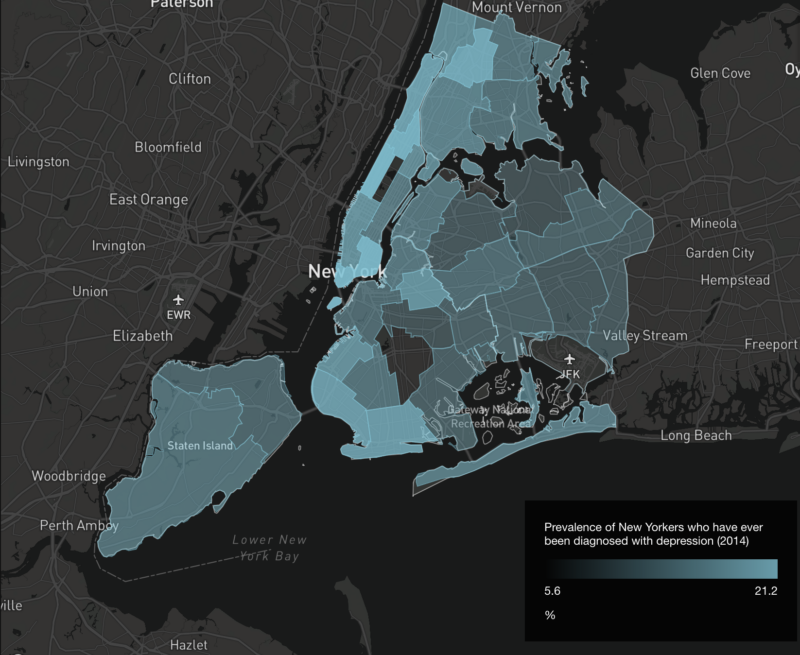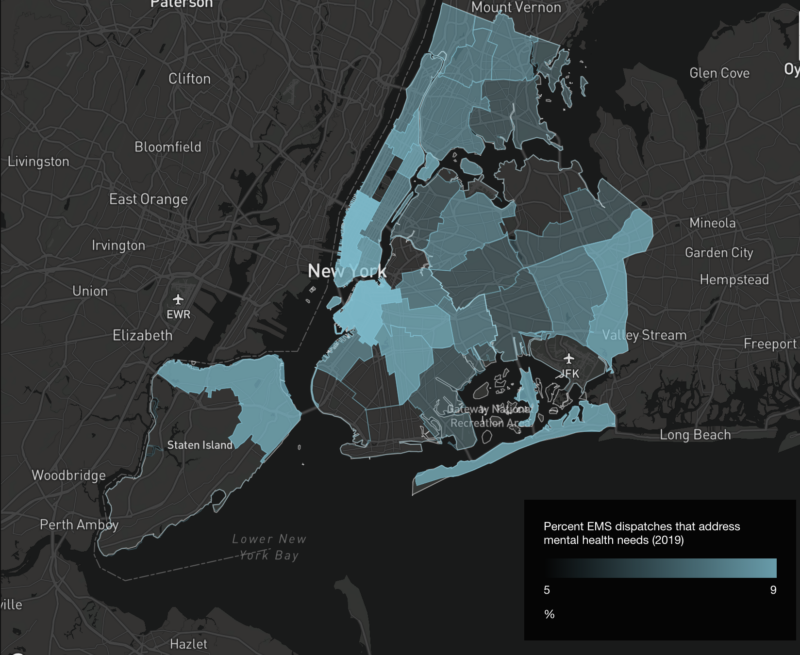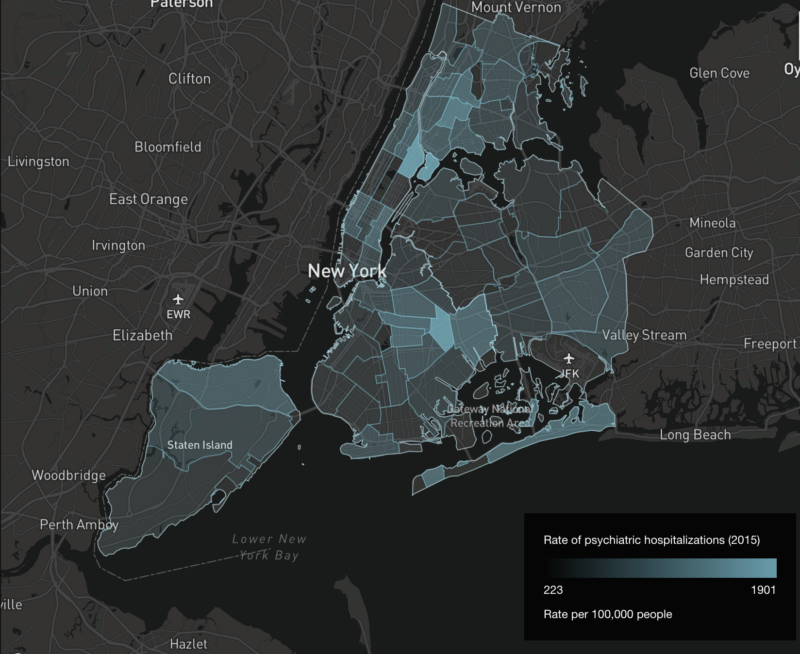Mental Health Data
There is unequal access to mental healthcare in
New York City.
We are working toward a city where more New Yorkers can access mental healthcare and there are fewer mental health crises. We are doing this by closing critical gaps in care, acknowledging that access to mental healthcare disproportionately affects New Yorkers due to their race, ethnicity, sex, insurance status, and the poverty level of the neighborhood in which they live, among other factors. These key measures show inequities in access to care.
One in five New Yorkers experiences mental illness in a given year

Hundreds of thousands of these New Yorkers are not connected to care.

New Yorkers without health insurance are less likely to be connected to mental healthcare.
Black, Latinx, and Asian American and Pacific Islander New Yorkers are less likely to be connected to mental healthcare than White New Yorkers.
Connection to mental healthcare differs significantly by neighborhood.
Among youth with mental health needs, males are less likely to be connected to mental healthcare across all races and ethnicities.
The highest poverty neighborhoods have over twice as many psychiatric hospitalizations per capita as the lowest poverty neighborhoods in New York City.
DEMOGRAPHIC & SOCIAL FACTORS
Demographic Indicators
HPSA
COVID 19
Social Indicators
PREVALENCE OF MENTAL HEALTH NEEDS
Mental Health Indicators
